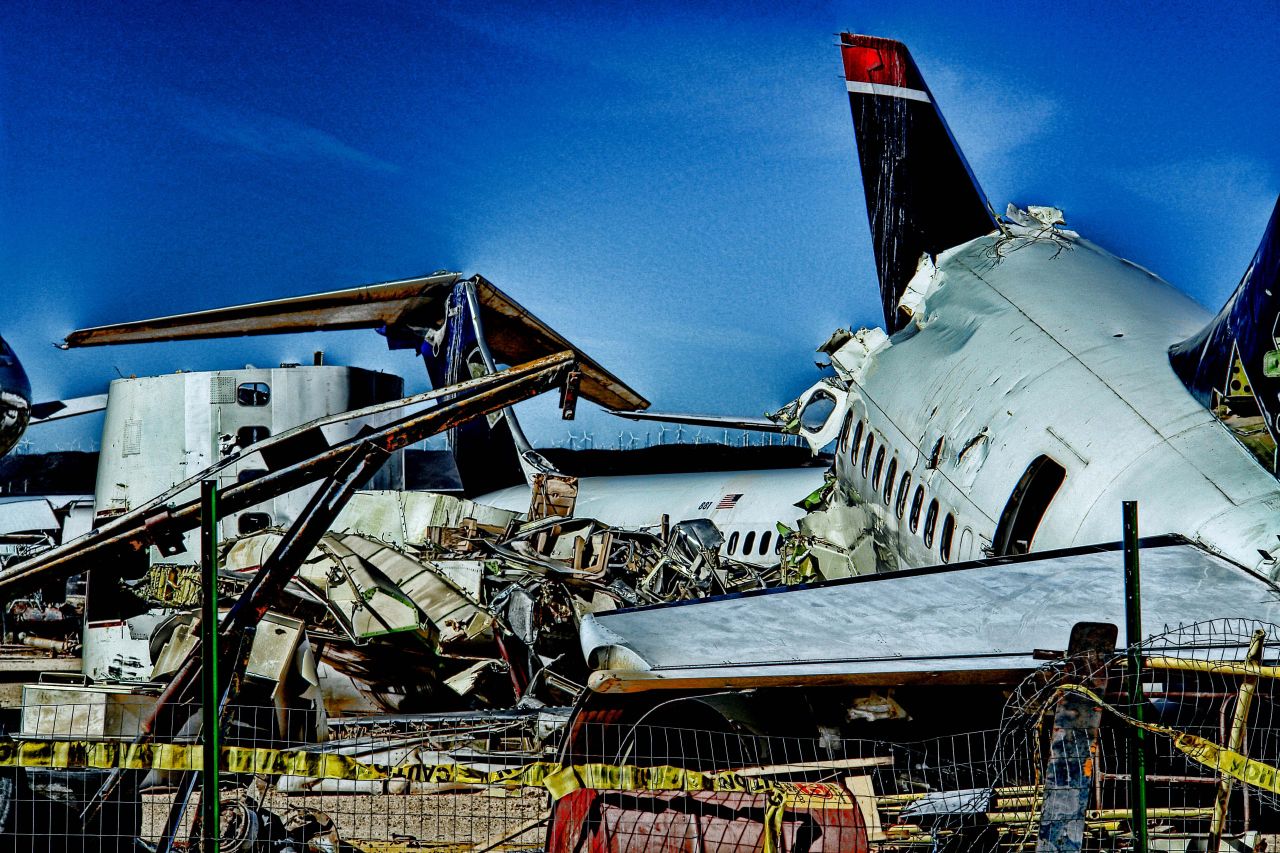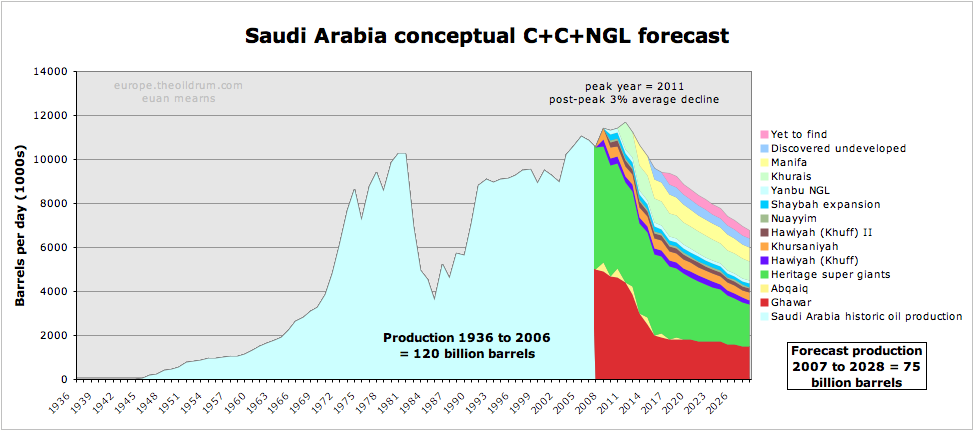C R A S H [Corrected]

This blog doesn't usually venture into the lalala-land aka economics and finance, but the recent weeks have been, well interesting to to say the least.
If you don't usually follow the economic news, take a quick glance at the following news from the past two weeks:
Bank of International Settlements Warns of Deepening Contraction (Not for the Fainthearted)
"The current market turmoil is without precedent in the postwar period. With a significant risk of recession in the US, compounded by sharply rising inflation in many countries, fears are building that the global economy might be at some kind of tipping point," it said.
"These fears are not groundless. The magnitude of the problems yet to be faced could be much greater than many now perceive," it said. "It is not impossible that the unwinding of the credit bubble could, after a temporary period of higher inflation, culminate in a deflation that might be hard to manage, all the more so given the high debt levels."
American financial fiasco could take down world economy
"According to the LEAP think tank, based in Europe in the next six months all factors affecting the economy will converge, and create a perfect socio-economic hurricane.Royal Bank of Scotland issues global stock and credit crash alertThe root of the problem is always money, basically the US dollar of which there are trillions too many in circulations, so many that its value is decreasing, and the world doesn't know what to do with them. It's this flood of money that drives up the price of all commodities, including oil, of course. Nobody wants more US dollars, unless its value increases."
"The Royal Bank of Scotland has advised clients to brace for a full-fledged crash in global stock and credit markets over the next three months as inflation paralyses the major central banks.Back to the Great Depression?
"A very nasty period is soon to be upon us - be prepared," said Bob Janjuah, the bank's credit strategist. "
"Few are gloomier about that prospect than Albert Edwards, strategist at Société Générale in London. “America is leading the way, diving into deep recession as a collapse in consumer confidence induces the great unwind,” he said. Edwards compares the economy with a pyramid scheme that is poised to crash to earth and interest - rate changes can do nothing to avert it. "
Barclays warns of a financial storm as Federal Reserve's credibility crumbles
Barclays Capital has advised clients to batten down the hatches for a worldwide financial storm, warning that the US Federal Reserve has allowed the inflation genie out of the bottle and let its credibility fall "below zero".Correction: Fortis did not prediction correction in the market
"They will have to slam on the brakes. There is going to be a deep global recession over the next three years as policy-makers try to get inflation back in the box."
The Fortis story appears to have been a hoax!
It is customary to get a chicken little warning from one or two smaller sources.
Things have changed. Now all of the banks are screaming bloody murder.
Thing are going to turn ugly soon.











































